5 of Our Favorite Odd Traditions of English Royalty
From a coronation pie made of lampreys to someone to chat with you in the loo.
King Charles’s upcoming coronation will be a parade of traditions. In preparation for the festivities, we’ve delved into the Atlas Obscura archives to find some of the most unexpected English royal customs and the stories behind them. Some are centuries old and have fallen out of favor, while others—such as a royal claim to the country’s swans and a very old piece of wedding fruitcake—are still with us today.
Michigan’s Bloodsucking Parasite Is Britain’s Royal Delicacy
by Diana Hubbell, Associate Editor, Places
For Queen Elizabeth’s coronation in 1953, the city of Gloucester, England, created an epic lamprey pie: a 42-pound, 18-inch-high pastry masterpiece decorated with the Royal Coat of Arms and crown. The gift revived a medieval tradition, a time when lampreys were plentiful. But how do you make lamprey pie without sea lampreys from the River Severn?
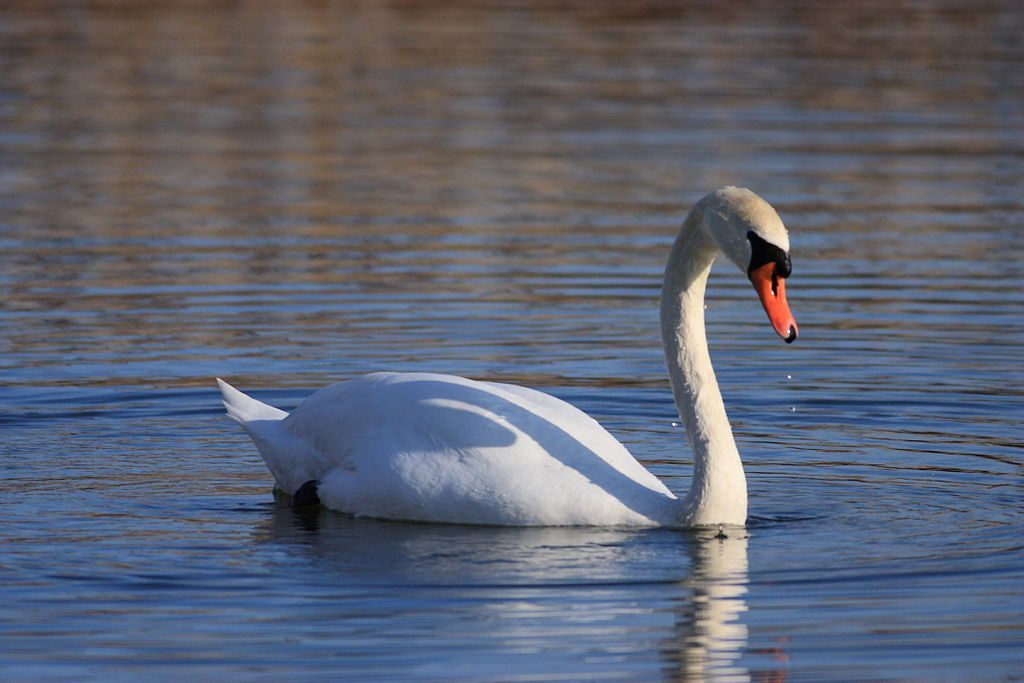
Why the King Owns All the Swans in England
by Sarah Laskow
The elaborate rules of swan ownership in England date back to at least the 1300s, when the birds were considered a delicacy. Today, the killing of swans is outlawed and the king owns every unmarked mute swan—the white-feathered bird with a knob on its orange beak, the one that you most likely picture when you think “swan”—on England’s open waters.
You Can Still Buy the Actual Fruitcakes Served at British Royal Weddings
by Anne Ewbank, Senior Associate Editor, Gastro Obscura
On February 10, 1840, Queen Victoria married Prince Albert of Saxe-Coburg and Gotha. The sumptuous wedding breakfast included a 300-pound fruitcake, making the confection a longstanding tradition at royal nuptials. And you can still find slices of that original dessert today.
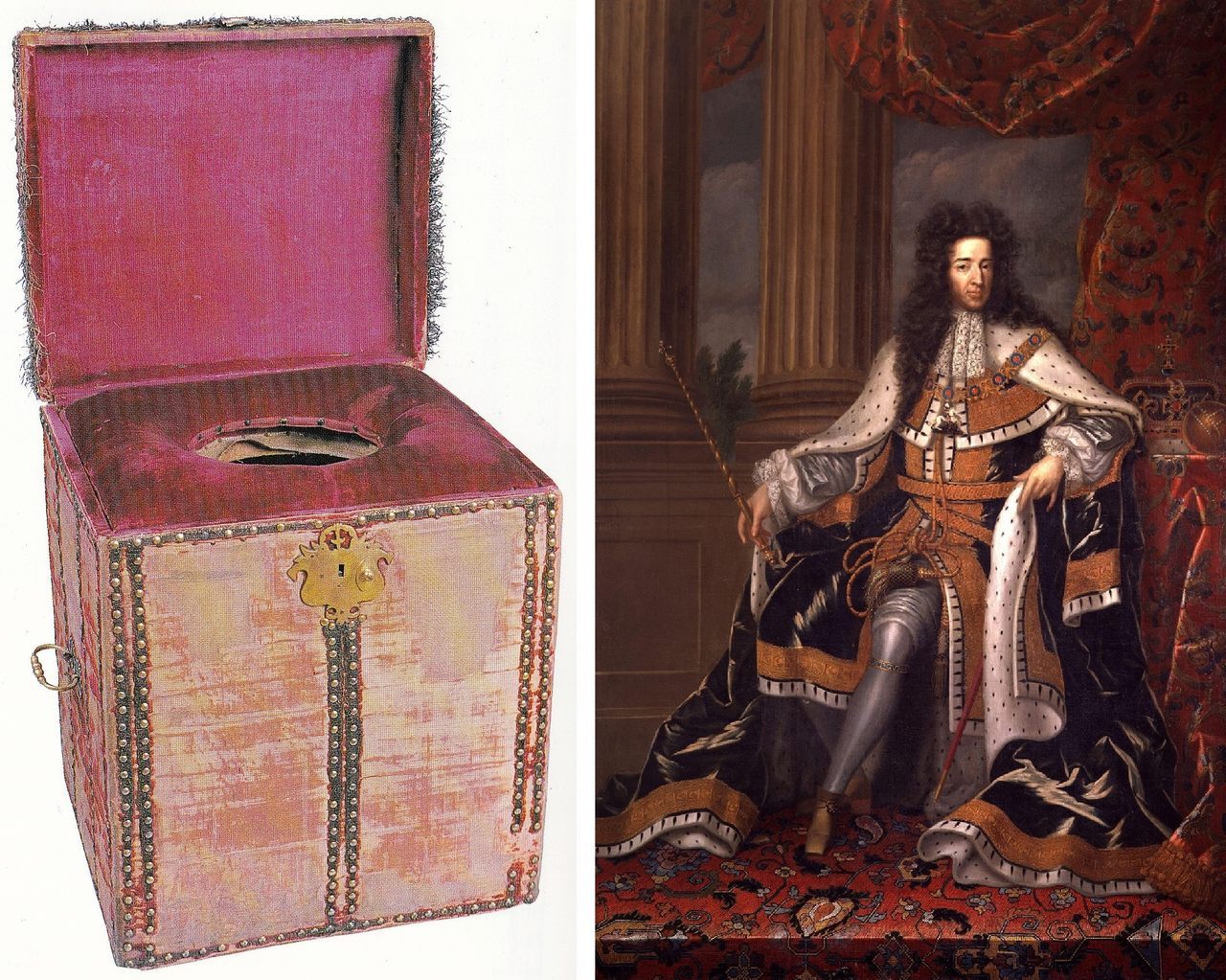
It Was Once Someone’s Job to Chat With the King While He Used the Toilet
by Natalie Zarrelli
In the 1500s, the King of England’s toilet was a luxurious affair: a velvet-cushioned portable seat called a “close-stool,” below which sat a pewter chamberpot enclosed in a wooden box. And from the 1500s into the 1700s, British kings appointed lucky nobles the strangely prestigious chance to sit with the king while he performed his most private task, as role known as the Groom of the Stool.
The Tower of London’s Ravens Can Be Dismissed for Bad Behavior
by Sarah Laskow
As the (probably apocryphal) story goes, King Charles II, who ruled over Britain in the 17th century, declared that if the ravens that called the Tower of London home ever abandoned the landmark, the Crown would fall. So, just in case, ravens have been kept in captivity at the tower for centuries. Better safe than sorry. But that doesn’t guarantee job security for the blackbirds—they can be dismissed from their posts for “conduct unbecoming to tower residents.”

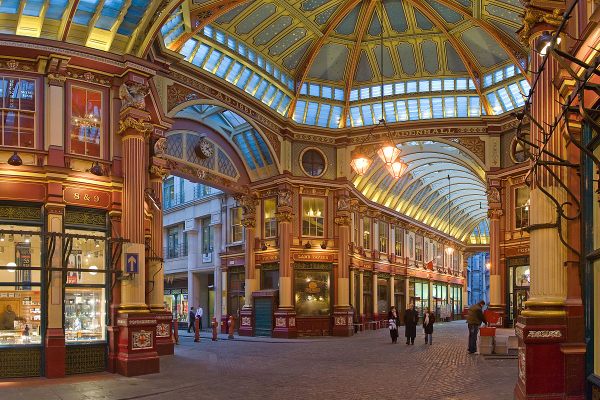

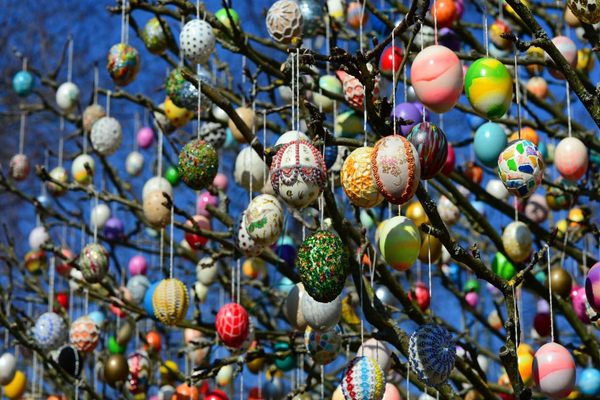
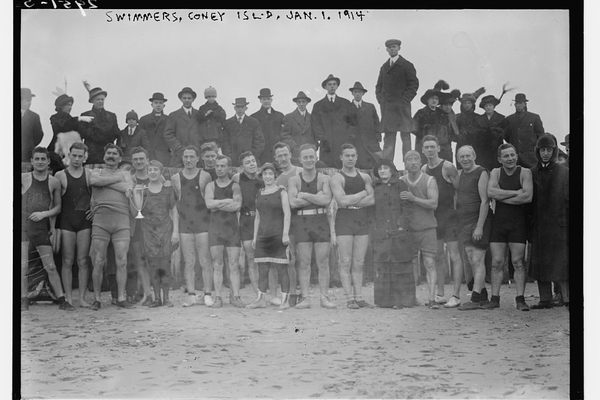


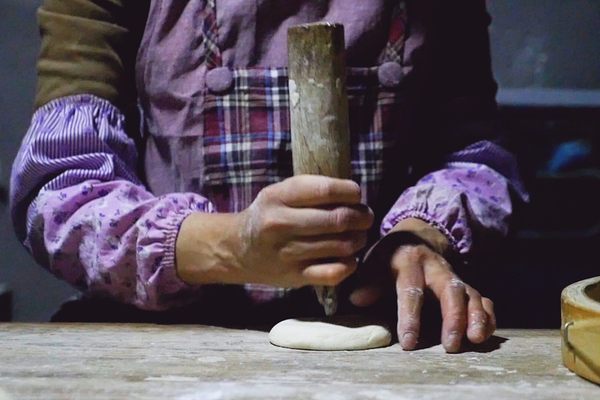
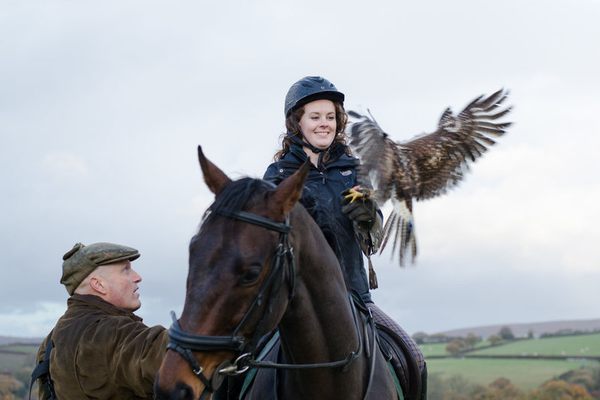








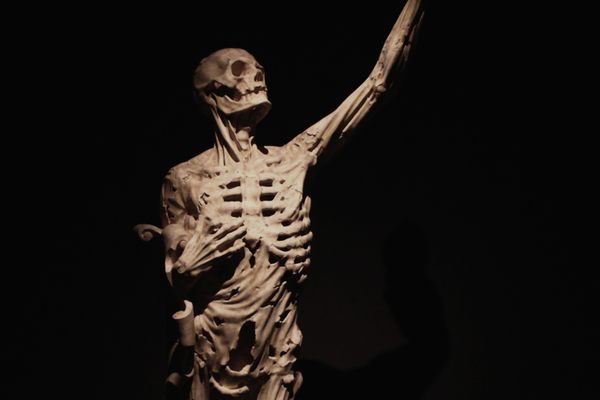




















Follow us on Twitter to get the latest on the world's hidden wonders.
Like us on Facebook to get the latest on the world's hidden wonders.
Follow us on Twitter Like us on Facebook